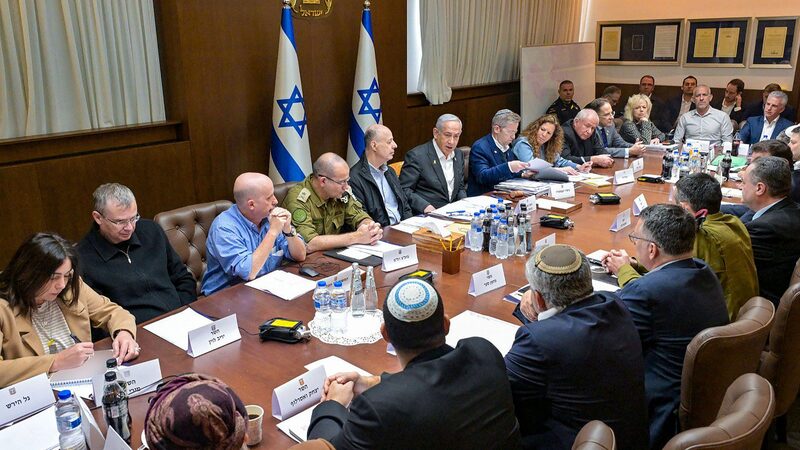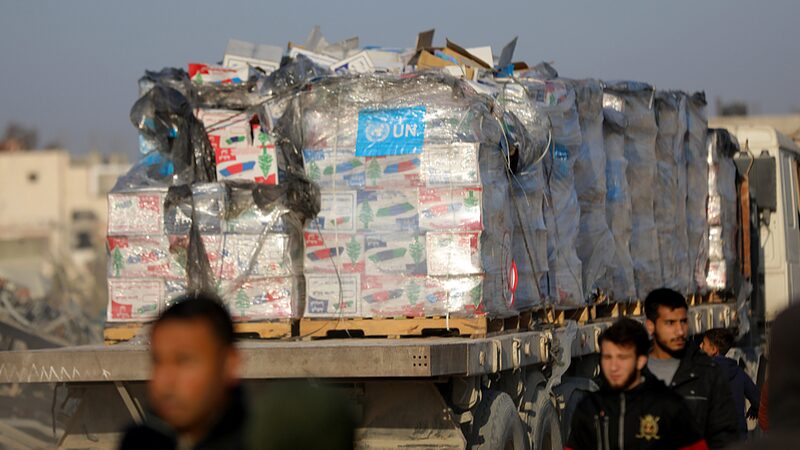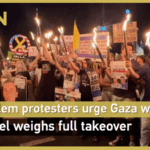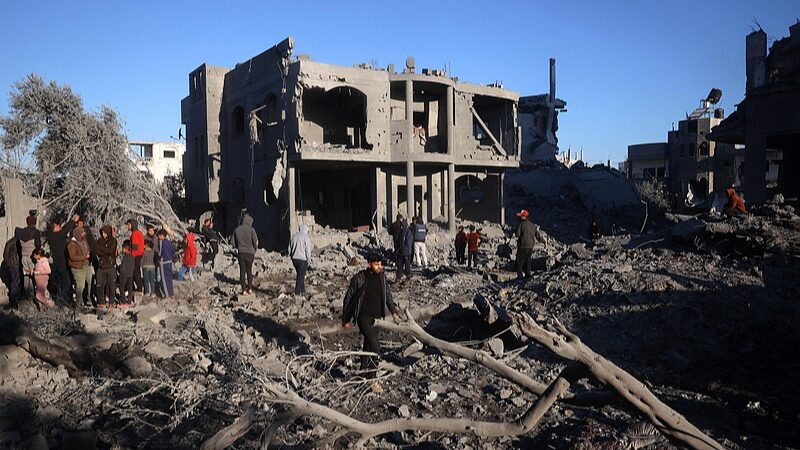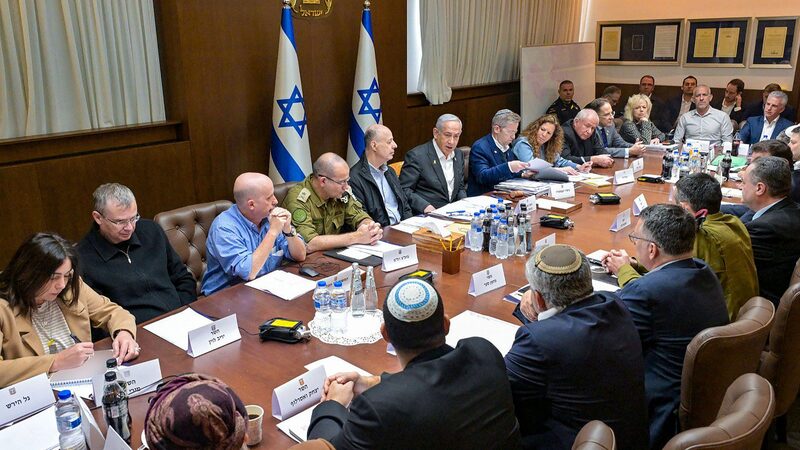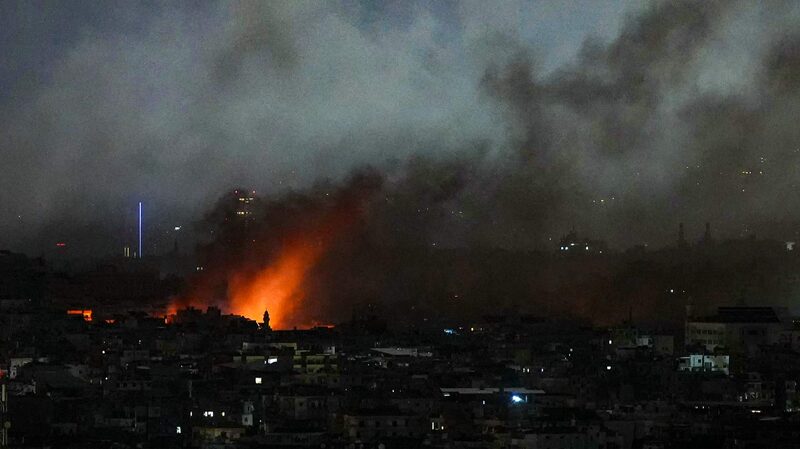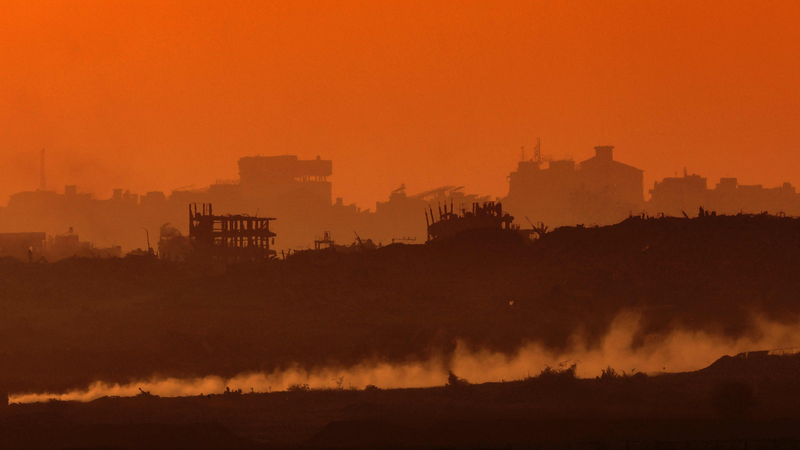Israel's military operation to assume control of Gaza City will extend for at least six months, according to a report by state-owned Kan TV News. The plan, approved by Israel's security cabinet, outlines a phased approach involving mass evacuations, troop deployments, and a significant increase in humanitarian aid—a move that has drawn both domestic backlash and international condemnation.
Military Strategy and Humanitarian Measures
The Israeli military aims to relocate over 800,000 residents from Gaza City to the Al-Mawasi humanitarian zone in southern Gaza within two weeks. Five divisions are currently deployed in the region, with a reserve division set to reinforce operations ahead of a large-scale ground offensive in Gaza City expected to commence in approximately two months. Concurrently, Israel plans to quadruple daily aid deliveries to 1,200 trucks, addressing urgent food and medical shortages.
Domestic and International Opposition
The escalation has faced resistance within Israel, including from military officials and families of hostages held in Gaza. Protests erupted in Tel Aviv's "Hostages Square" on Saturday, with demonstrators demanding a ceasefire agreement and the release of captives. Internationally, Turkish President Recep Tayyip Erdogan condemned the plan as "absolutely unacceptable" during a call with Palestinian President Mahmoud Abbas, while rallies in Istanbul accused Israel of exacerbating Gaza's humanitarian crisis.
A Growing Diplomatic Divide
Erdogan highlighted increasing European support for Palestinian statehood and rising Western criticism of Israel's actions. The operation’s legality under international law remains contested, with critics arguing it deepens civilian suffering and undermines peace efforts. As tensions escalate, the conflict’s regional and global implications continue to unfold.
Reference(s):
cgtn.com

